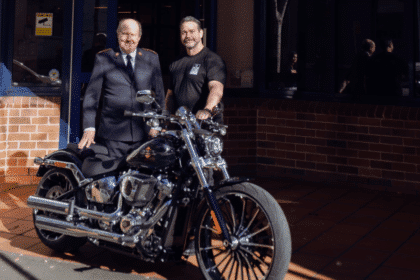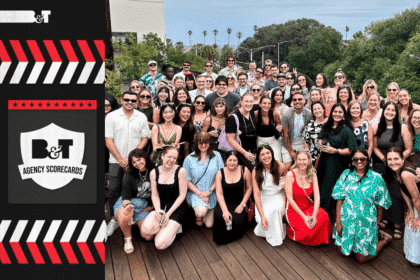After years and years of social media and advertising content filled with unrealistic looking women, Dove and Getty Images decided enough was enough.
The #ShowUs campaign was launched as a call to arms to talk about body positivity and acceptance.
https://www.youtube.com/watch?v=7OufbVVpqV0
#ShowUs features a library of 5,000 photographs of women from 39 countries around the world. Every image is photographed by a diverse global community of women, non-binary, and female-identifying photographers.
There is no digital distortion or airbrushing.
Edelman managing director Fern Canning-Brook supported the launch of the campaign.
Speaking at B&T’s Changing The Ratio 2019, Canning-Brook told the story of when explained the concept of airbrushing the concept of airbrushing to her young nieces a few years ago.

“I wanted them to know that women are retouched to look thinner, teeth are retouched to look whiter and hair is retouched to look completely perfect.”
“That was a long time ago and I’d love to stand here and say the needle has really shifted – but I think the sad reality is we still have a long way to go still.
“We are seeing great strides in showing all types of people in media and advertising… but we need to make a change and we need to make it now.”
Getty Images – which partnered with Dove for the campaign – creative research project manager Petra O’Halloran explained why it was important to Getty to be a part of the campaign.
“Visual storytelling is the language of our time,” she said. “It’s very powerful.”
“Someone like Getty images has a certain responsibility to contribute to that change.
She also explained Getty’s search data is showing a general shift away from “models and plastic smiles”.
“There’s been a general increase in searches for diversity, but we’ve seen a 72 per cent increase in terms like ‘real people’.
“More specifically, there’s rises in terms like ‘female leaders’ – up 306 per cent on last year.
“‘Confident business woman’ is up 428 per cent from last year, but the most staggering of all is that the term ‘female empowerment’ is up 591 per cent.”









